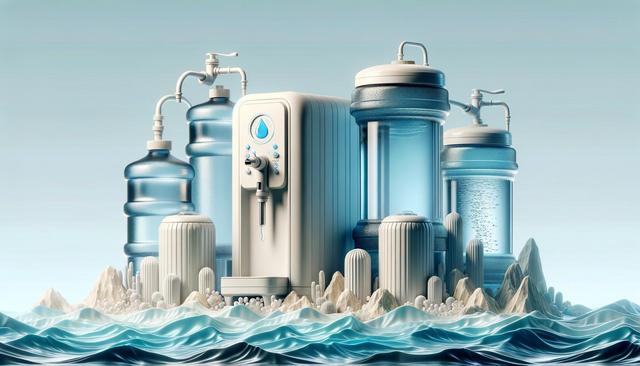Understanding the Importance of Water Purification
Water purification is more than just a convenience—it’s a necessity. Contaminants such as bacteria, viruses, heavy metals, and harmful chemicals can be present even in treated municipal water. These impurities pose potential health risks if not properly filtered out. A water purifier acts as a final barrier between these contaminants and your drinking water, ensuring the water you consume is as safe as possible. For families with young children, elderly members, or individuals with compromised immune systems, the benefits of a water purifier are even more significant.
Waterborne diseases can originate from seemingly clean sources. Investing in a reliable water purification system helps reduce the risk of gastrointestinal infections, skin irritations, and long-term exposure to toxins like lead or arsenic. In regions where water quality is inconsistent, purifiers can provide peace of mind by maintaining consistent water safety standards.
Types of Water Purifiers and Their Functions
There are several types of water purifiers available today, each designed to target specific contaminants. Choosing the appropriate model depends on your local water quality and household needs. Common types include:
- Reverse Osmosis (RO) Systems – Ideal for removing dissolved salts, heavy metals, and chemical contaminants.
- Ultraviolet (UV) Purifiers – Effective at killing bacteria and viruses without altering the taste of water.
- Activated Carbon Filters – Useful for removing chlorine, odors, and organic compounds.
- Gravity-Based Filters – Suitable for areas without electricity; they use pressure difference to filter particulates and microbes.
Each system has its own set of pros and cons, and in many cases, hybrid models combine multiple technologies to offer more comprehensive filtration. When selecting a purifier, consider factors such as water source (borewell, municipal, tanker), maintenance needs, and budget.
Health and Environmental Benefits
Installing a water purifier at home doesn’t just protect your health—it also contributes to environmental sustainability. Bottled water, often seen as an alternative to tap water, generates significant plastic waste. By switching to purified tap water, households can reduce their reliance on single-use plastic bottles, lowering their carbon footprint and contributing to a cleaner planet.
From a health perspective, consistent access to purified water can lead to better hydration habits. People are more likely to drink water when they trust its quality. This can improve digestion, skin health, and overall wellness. With contaminants filtered out, the body doesn’t have to work as hard to process toxins, potentially boosting immune function and energy levels.
- Reduces exposure to harmful substances
- Encourages healthier drinking habits
- Minimizes plastic use and waste
Over time, the benefits of using a water purifier can be seen in fewer health-related expenses and improved daily well-being.
Cost Considerations and Maintenance
One of the most common concerns when purchasing a water purifier is cost. While initial investments can vary depending on the type and brand, many models offer long-term savings by reducing the need for bottled water and lowering medical expenses related to waterborne illnesses. Maintenance is another factor to consider. Most water purifiers require periodic filter replacements, and some may need professional servicing.
Understanding the total cost of ownership is key. This includes:
- Purchase price
- Installation fees (if any)
- Regular filter changes
- Annual servicing
Many manufacturers provide service packages or warranties that help simplify maintenance. Keeping the system clean and replacing filters as recommended ensures the purifier continues to perform effectively. Users should also monitor water taste and flow rate as indicators of when maintenance is needed.
Choosing the Right Water Purifier for Your Home
Selecting the right purifier starts with understanding your household’s specific needs. Begin by testing your tap water to identify the types of contaminants present. This information helps in choosing a purification method that addresses those issues. Next, consider the daily water consumption of your family and the availability of installation space.
Here are a few tips to guide your selection:
- Check for certifications and independent lab test results
- Consider energy consumption, especially for RO and UV models
- Evaluate the ease of maintenance and filter availability
- Look for models with smart indicators for filter change or water quality
Reading user reviews and seeking professional advice can also help in making an informed decision. A well-chosen water purifier not only improves health outcomes but also enhances the taste and clarity of drinking water, making it a worthwhile addition to any home.


